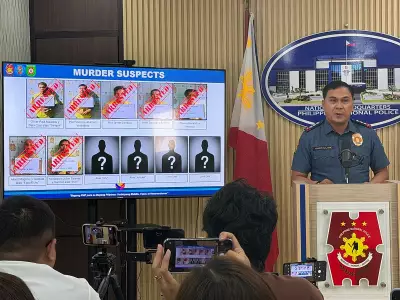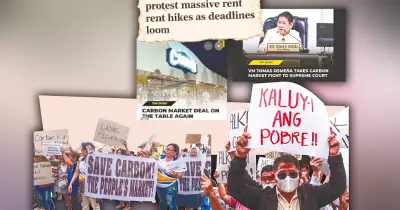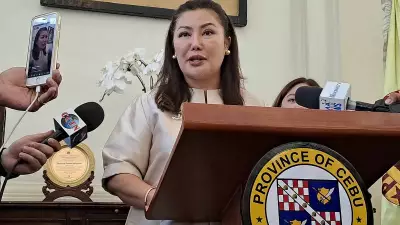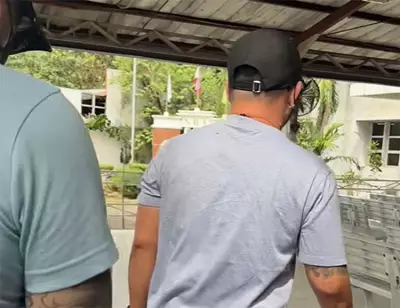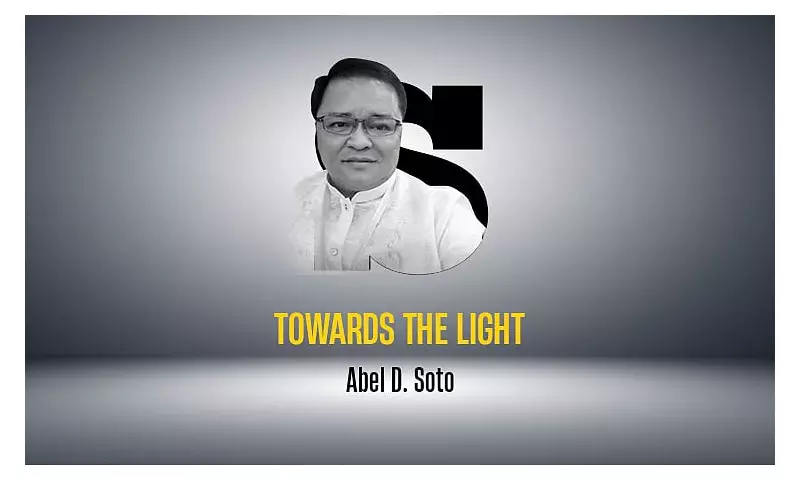
A contentious political debate is shaking the foundations of representation in Pampanga, raising critical questions about whether residency requirements protect democracy or undermine it. The ongoing controversy centers on whether these rules genuinely ensure that candidates understand local needs or simply serve as weapons for political elimination.
The Heart of the Matter
At the core of this political storm lies a fundamental question: What does it truly mean to represent a community? Critics argue that strict residency requirements often become technicalities used to disqualify opponents rather than measures of genuine connection to constituents. The debate has exposed deep divisions in how political representation should be measured and validated.
Beyond Paper Residency
Proponents of reform emphasize that real representation transcends mere physical presence. They argue that a candidate's understanding of local issues, commitment to community development, and proven track record of service matter more than the number of days spent within district boundaries. This perspective challenges traditional notions of what qualifies someone to speak for a community.
The Voter's Perspective
Many political observers note that voters themselves often see beyond residency technicalities. Communities tend to support candidates who demonstrate authentic concern for their welfare, regardless of technical compliance with residency rules. This disconnect between legal requirements and voter preferences highlights the complexity of political representation in modern democracy.
A Broader Political Implications
The Pampanga controversy reflects nationwide concerns about election integrity and fair political competition. Similar debates have emerged across the Philippines, suggesting a systemic issue that requires comprehensive examination. The outcome of this local dispute could set important precedents for how residency cases are handled throughout the country.
Moving Forward
As the debate continues, political analysts suggest that the solution may lie in balancing legal requirements with practical realities. Some propose that residency should be one factor among many in determining a candidate's suitability, rather than an absolute barrier to political participation. The ongoing discussion promises to shape the future of Philippine politics and the nature of democratic representation.
The Pampanga case serves as a crucial test of how Philippine democracy balances technical compliance with genuine representation. As voters and politicians alike watch developments unfold, the resolution of this controversy may redefine political eligibility standards for years to come.

